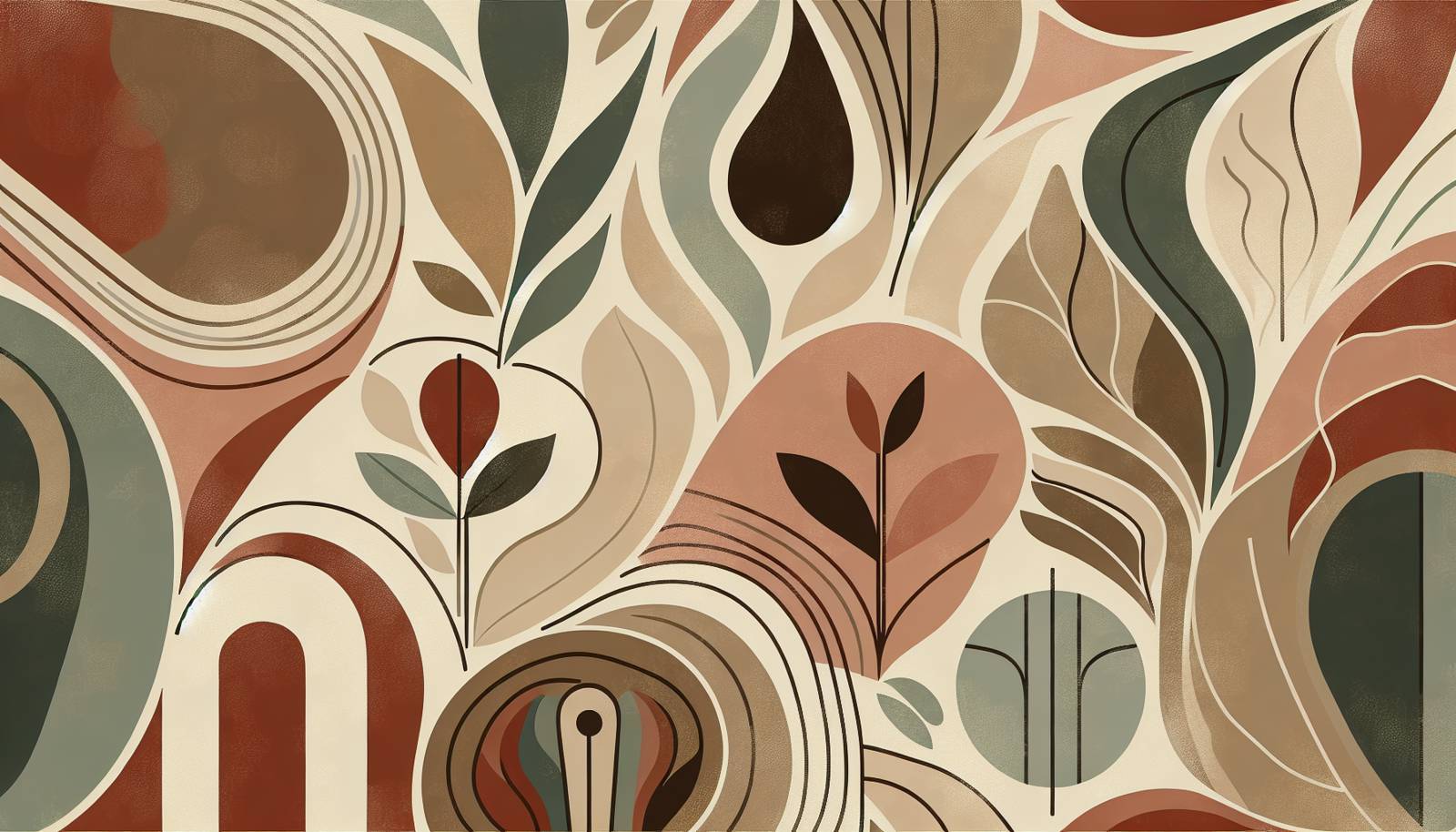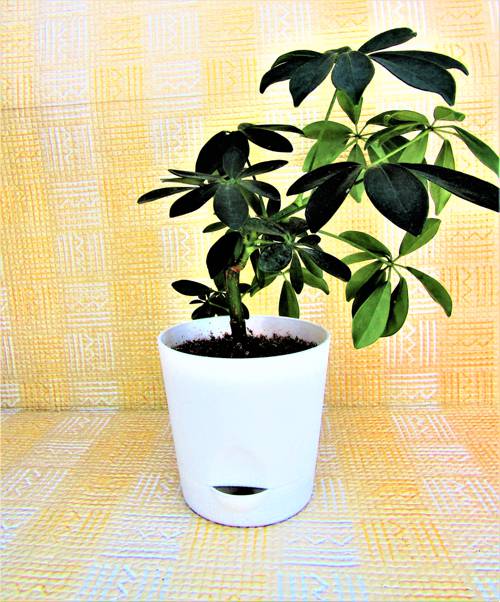
FAQ About Indoor Plant Cultural Symbolism

What does the peace lily symbolize in different cultures?
The peace lily is often associated with peace, purity, and healing in many cultures. In Western cultures, it is frequently used in funerals as a symbol of the rebirth of the soul and tranquility. In Feng Shui, it is considered to harmonize the energy of a space, promoting serenity and prosperity.

How is the snake plant viewed symbolically?
The snake plant, also known as Sansevieria or mother-in-law's tongue, is often regarded as a symbol of resilience and determination due to its ability to survive in harsh conditions. In some cultures, it is believed to ward off evil spirits and bring good luck.

What cultural significance does bamboo have as an indoor plant?
Bamboo is revered in many Asian cultures as a symbol of luck, strength, and flexibility. It is commonly used in Feng Shui to attract prosperity and positive energy. In Chinese culture, specifically, it represents resilience and uprightness due to its ability to bend without breaking.

Why are jade plants considered lucky in some traditions?
The jade plant, also known as the money plant or Crassula ovata, is often associated with prosperity and good fortune. In Feng Shui, it is believed that placing a jade plant near the entrance of a home or business invites wealth and success.

What does the orchid signify in cultural symbolism?
Orchids carry various meanings across cultures. In ancient Greece, they were associated with virility. In Chinese culture, the orchid is a symbol of refinement, innocence, and beauty. Orchids are also considered a sign of luxury and sophistication in Western traditions.

How are bonsai trees perceived symbolically?
Bonsai trees symbolize harmony, patience, and balance. In Japanese culture, they represent a meticulous cultivation of the natural world, embodying peace and contemplation. Bonsai is also seen as an art form that reflects inner growth and discipline.

Is ivy used symbolically in different cultures?
Ivy is often seen as a symbol of fidelity and eternity due to its ever-green nature and ability to cling and grow upward. In European cultures, ivy has been used in weddings as a symbol of fidelity and wedded love.

What symbolic meanings are associated with the rubber plant?
The rubber plant is often associated with wealth and prosperity, especially in Feng Shui practices. The plant's round leaves are believed to represent coins, making it a popular choice for attracting financial fortune.

What does lavender symbolize when grown indoors?
Lavender is widely recognized for its calming and soothing properties. Symbolically, it represents purity, tranquility, and peace. In various cultures, lavender is also associated with love and protection.

How does the symbolism of aloe vera vary across cultures?
Aloe vera is often associated with healing and protection due to its medicinal properties. In ancient Egypt, it was known as the "plant of immortality," symbolizing recoveries and eternal life. It is also used in rituals to bring positivity and ward off evil spirits.

What is the cultural significance of rosemary as an indoor plant?
Rosemary symbolizes remembrance, friendship, and loyalty in various cultures. In ancient Greece and Rome, it was often associated with memory and fidelity. Today, it continues to be used in wedding ceremonies and funerals as a token of remembrance.

Does the spider plant have any symbolic meanings?
The spider plant is often seen as a symbol of health, protection, and prosperity. Its ability to purify air has also linked it to notions of vitality and rejuvenation, making it a favored choice for indoor spaces.

What does the pothos plant symbolize in indoor settings?
Pothos, also known as devil's ivy, is often associated with perseverance and vitality due to its hardy nature. In Feng Shui, it is thought to symbolize positive energy and is used to bring wealth and abundance into a home.

How are ferns symbolically interpreted in different cultures?
Ferns are commonly seen as symbols of sincerity, humility, and wealth. In Victorian times, they were considered to represent magic and fascination. In some indigenous cultures, ferns are believed to offer protection and luck.

What is the meaning of having a citrus plant indoors?
Citrus plants are often associated with freshness, health, and prosperity. In Feng Shui, they're believed to bring good luck and happiness, especially during the Lunar New Year, where oranges and lemons are common symbols of abundance.

Why is the fiddle leaf fig culturally significant as an indoor plant?
The fiddle leaf fig is popularly seen as a symbol of abundance and fertility. In many interior design cultures, it is valued for its vibrant presence, which is thought to enhance the aesthetic and energetic ambiance of a space.

What are the symbolic interpretations of the fig tree indoors?
Fig trees are often associated with wisdom, knowledge, and enlightenment due to their historical and biblical references. Symbolically, they are also linked to prosperity and fertility.

How is the rosemary plant used symbolically in homes?
In addition to its culinary uses, rosemary holds symbolic meaning of remembrance and protection. It is often used in Mediterranean cultures for rituals and to signify hospitality.

What cultural symbolism does the philodendron carry?
Philodendrons are seen as symbols of health and growth, owing to their lush and expansive foliage. They are associated with love, owing to their heart-shaped leaves.

What does growing chamomile indoors symbolize?
Chamomile is often linked to calmness and relaxation, symbolizing peace and poise in domestic environments. Historically, it has also been associated with energy healing and stress relief.
